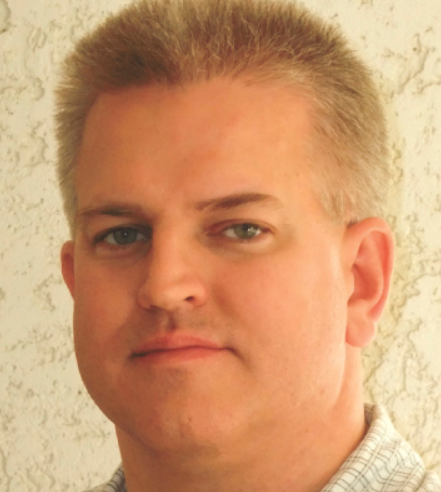WE live in an era when the word “journalist” has become a punchline. Fair, honest, non-partisan reporting has become rare. But that is not entirely the case. If you care about the ocean and you are looking for good investigative journalism, I have a recommendation for you.
Ian Urbina, a journalist who worked for the New York Times, founded and runs the Outlaw Ocean Project, a not-for-profit organization based in Washington D.C. that focuses on issues related to the plight of the seas, from pollution to slavery to lawlessness to murder. The best place to start is with the website, theoutlawocean.com and the series of podcasts, each about an hour long. Urbina’s experience mirrors that of many who gazed out to sea out of curiosity and were captivated by its allure and never returned to land, at least not in heart.
Episode One of the podcast focuses on murder at sea, specifically a mass murder, where a Chinese ship captain ordered the killing of dozens of people, most swimming in the water and not in a position to fight back. The grisly crime would have gone unpunished but for one sailor who captured the event on his camera phone, and then accidentally left his phone in the back seat of a taxi. The video was discovered, setting off an eight-year investigation for Urbina, ultimately resulting in the conviction of the captain. For Urbina, the murky legal water, the constant buck passing by officials, and the complete lack of human interest in the terrible murders made him want to understand the world of water even more.
As more than one bureaucrat told him, “If it didn’t happen in our country, and none of our citizens were involved, then it is none of our business.” Unfortunately, that attitude means that most of what takes place at sea goes unseen and unpunished, whether it be drugs, illegal fishing, pollution dumping, or murder.
Speaking of illegal fishing, Episode Two is called The Dark Fleet and focuses on the rape and plunder of the food resources we pull from the ocean. Although many are engaged in unregulated, unreported, and illegal fishing, the clear frontrunner is China, who turns a blind eye to the problem, but then sends government-sponsored fishing fleets to pillage what belongs to others. The Chinese decimation of the waters around North Korea, the Galapagos Islands and the seas off Argentina are just some of the more famous examples.
Related to illegal fishing but decidedly different, Episode Five takes a look at Chinese fishing practices off the coast of Gambia, Africa. Rather than fishing illegally, the Chinese signed a contract with the Gambian government which allowed them to fish in their territorial waters, but the Gambians are learning what price they are really paying. Huge Chinese factory ships are vacuuming up everything in their path, leaving nothing for the local fishermen. Of course, the Chinese are willing to sell their fish to the Gambians. Most of the fish that are caught off Gambia are ground up into fishmeal, which is then used to feed, ironically, fish raised in fish farms, an industry known as aquaculture. So, we catch fish and grind them up, feed other fish with it, then sell you the fish. You can’t make this stuff up.
Episode Six, called The Magic Pipe, takes a look at the dark underside of the cruise ship industry, specifically, ways cruise companies circumvent the law and destroy the oceans, all to give us a fantasy boating experience. Everyone who has ever been on a cruise or plans to, should listen to this podcast. In fact, I recommend listening to every episode of this well-done journalism. I have yet to mention the best episode, the third one, entitled Slavery at Sea. Most people think slavery is something in history books, a horrible institution practiced by distant ancestors. Think again. More human beings are enslaved today than at any time in history, and this episode shines a light on slavery in the fishing industry. If you only listen to one podcast, and I hope you listen to them all, make it this one.
Urbina’s Outlaw Ocean Project is good journalism, and his work deserves our support.
BC Cook, PhD lived on Saipan and has taught history for 20 years. He currently resides on the mainland U.S.

BC Cook











